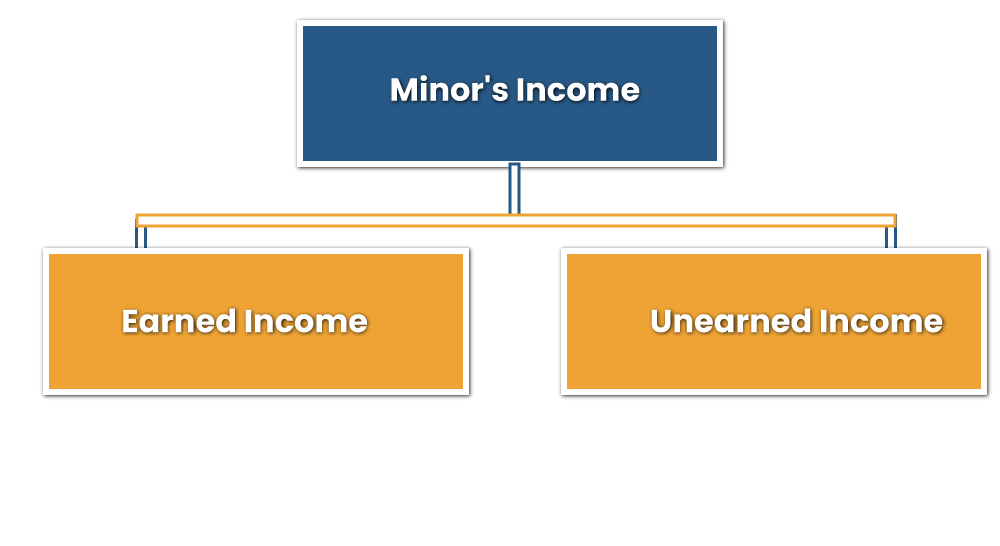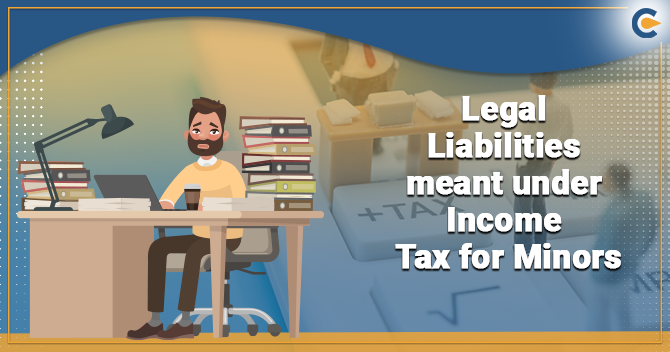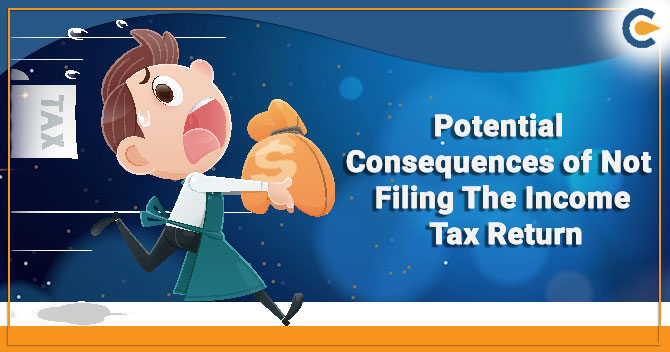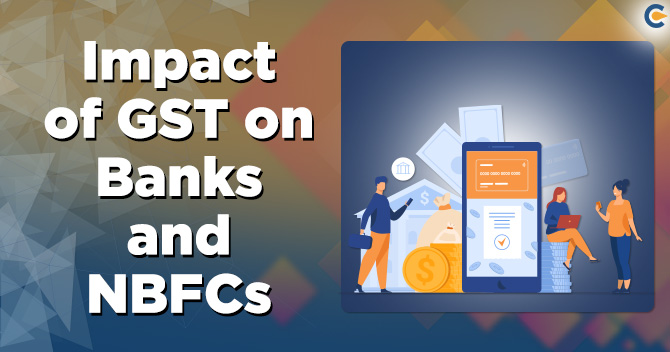Considering the contemporary world, minors today are willing more to earn their money. And indeed, many prefer to be independent more financially. The more of upcoming generation socially inclined towards holding more fame and name, the sooner children wanted to come out of the term that is being used on the minor. Therefore the question arises about the liability of Income tax for minors as well.
The Indian government has strictly banned child labour. Therefore the earning other than child labour will be considered as a real earning. The children can still earn income from other sources like winning a dance competition, karate tournament, a quiz contest, savings in the bank, investments made in the children’s name, or any fixed-term deposits.
What are Two Types of Income?
The two types of income earned by minors are as follows:


The Earned income is when a child earns his/her own money by salary or by winning any competition/contest/tournament/, etc. The unearned income is when a child does not earn the amount but receives it by any proper legal mode.
For instance, money is funded by any grandparents to their grandchild for the future. Income tax returns are calculated based on minor children’s savings or investments.
However, there are certain exceptions for the same. The minors working at odd jobs do not require filing income tax returns. There is, however not any specific age limits to file income tax returns for children. All that matters is not age but the income.
How does a minor Pay a Tax?
Parents or guardians can teach children about paying their own taxes. However, sometimes, it might not be easy for them to understand the seriousness or reliability needed for it. Therefore, parents are requested to pay his/her child’s income tax on behalf of them. The income of a child has to be clubbed with parents in case an income of the child is more than Rs.1500.
Exemptions and Restrictions on Paying Tax for Minors
There are a few exemptions and restrictions that are to be followed while filing taxes in a name of a child who secures earned or unearned income.
- If both mother and father are earning members of the family, then income of the minor will be added to their income of that parent whose income is higher from others.
- If parents are divorced, then an income of a child would be added to the parent who takes custody of a child, the tax for minors will be added to their income of that parent.
- When a child is suffering from any of the specified disabilities which come under Section 80U, then an income of a child cannot be clubbed with an income of parent. The child will be considered as differently-abled only when he/she suffers from blindness, hearing impairment, locomotors disability, poor vision, or mental illness, which is if more than 40%).
- If a child’s parents are dead, then he/she must file for separate income tax. However, in this case, the guardian cannot get the salary inclusion benefit from this.
Always help your child learn his/her citizenship duties. It is advisable for the child to hold a PAN card. However, plan in advance to pay income tax to your child if your child earns an income. You can subsequently avail of the benefits by paying the income tax for your child.
What is a Minimum Age to File an Income Tax for Minors?
There are NO minimum age criteria to file an income tax for a person. Even an infant can also pay his/her income taxes based on a few exceptions. Income tax must be collected from a child’s income if it is either earned money or unearned money. The earned money is when the children earn money by winning any competition/contest/tournament. The salaried amount also comes under the earned money category.
Wherein unearned money is when the money is not directly earned by a minor, i.e., for instance, if an amount is funded by his grandparents for their future. Income tax returns are calculated based on minor children’s savings money or their investment. However, there are certain exceptions to it.
A minor if working at odd jobs does not require filing income tax returns. There are many odd jobs available that are taken into account legally. Such jobs are barred by law and workers neglect the existence of income tax.
Determination of Income of a Minor
According to section 10(32) of Income-tax Act, there is a provision when a minor’s income is not included with his/her parent. It is when an amount earned by a minor is less than Rs.1500 per month. Therefore, a minor can enjoy his income if he/she receives less than Rs.1500. This particular rule will be applicable to the amount transferred by a parent, uncle, grandparent, etc. when an amount is less than Rs. 1500 a month, it will become tax-free.
Basically, an income attained by a minor could be through an investment made under his/her name by the parents in a Public Provident Fund (PPF), a mutual fund, a bank deposit, etc. Apart from that, a child can generate income through any manual work done, such as by exhibiting his/her own knowledge, skill, talent, experience. For example, presently, many kids work in the film industry, participating in television competition shows, etc.
How can we Club with an Income of the Minor?
An income of the minor can be clubbed with his/her parent’s income when a minor who earns an amount is more than Rs.1500. As per Section 64(1A) of Income Tax Act, 1961, an income generated by the minor can be clubbed with an income of the parents (exceptions are there).
If both parents his/her are working, then a minor’s income will be clubbed with one who has higher earnings. Here clubbing will be done until a child is minor, and once they attain the age of majority i.e. 18 years, their income will get assessed independently. When an investment was made under a name of a child, then an income generated from such investment is clubbed with an income of parents. There are however, few exemptions and restrictions to be followed while filing tax for minors who receives earned or unearned money.
Usually, when an investment was made under a name of a child, one of the parents has to enclose his own PAN number, KYC details, bank account details, identity proof, address proof, etc. In case parents are divorced, then filing of an income tax return of a child will fall under either of parents who have custody of that child. Similarly, if both parents have died and child is maintained by the guardian, then the income and tax for minors will NOT be clubbed with the guardian income; rather a separate income tax return has to be filed under the name of a child.
Who can all get a Tax Refund?
There are quite a few things about claiming of Income Tax Refunds as one has to be fully aware of. According to the Income Tax Act, the following entities are required to file ITRs compulsorily –
- All individuals below age of 59 and earning more than Rs 2.5 lakh in the Financial Year
- Every senior citizen at age group of 60 to 79 and earning more than Rs 3 lakh in the Financial Year
- All the super senior citizens aged 80 or above and earning more than Rs 5 lakh in the Financial Year.
- All registered companies that are generating income
- Those wishing to claim the refund against an excess tax paid/deducted
- Individuals having the assets located outside India.
- If any income from a property, under the charitable trust
- If any transaction made under Annual Information Return
Can a Minor Receive an Income Tax Refund?
- Any individual will be eligible to claim an Income Tax refund if he/she has paid more tax than an actual tax liability. Such a scenario arises when a self-assessment tax and advance tax paid by or TDS deducted from a taxpayer is more than his actual tax liability.
- Any taxpayer can claim the refund of excess tax deducted/paid during a particular financial year if he/she files the Income Tax Returns for that year.
- The Income Tax Act[1] says that the taxpayer is required to file his/her return before July 31st, in the relevant Assessment Year, to be able to claim an Income tax Refund. Therefore, if an IT return is filed in the name of a teenager, and all criteria are fulfilled, he/she can get the tax refund in due course, like any other Indian taxpayer.
Whether Teenagers are Required to File Income Tax Returns?
According to Section 64 (1A) of Income Tax Act, any income paid or accrued to a minor will get added to the income of the parent. The taxes have been imposed on a parent, assuming this income to be ‘his own.’
There are some exceptions.
If a teenager earns his/her income from an activity or by means of any work, for which he/she employs with special knowledge or talent, he/she needs to file Income Tax Return. For instance, the teenaged winner of a reality show (Indian Idol Junior and Sa Re Ga Ma Pa) will require to pay his/her own taxes. They have to file IT Return duly and can claim for Tax Refunds against excess tax paid/deducted if any.
If a teenager is suffering from any disability/ailment specified under Section 80 U of Income Tax Act, his/her income cannot be attached to an income of a parent. The same will be applied for the differently-abled teenager (in case he/she is suffering by more than 40% from poor vision, locomotor disability, hearing impairment, and mental illness).
Conclusion
Minors are individuals who are below 18 years of age. Minor’s income never encourages child labour, as it is barred in the eyes of law. However, the children still can earn money in various ways of competition and receive money from their parents and grandparents.
Minors are able to receive income from various sources, for example, savings from fixed deposits or interest earned on bank accounts or from any other investments in their own name. If a minor’s income is less than Rs. 1,500 per month, it won’t be added to the parent’s income. If a minor’s income is more than Rs. 1,500 p.m. then the parents must pay tax for minors on the income, and that income will be treated as the income of parents.
Read our article: CBDT Provides ITR Filing Compliance Check for Scheduled Commercial Banks











